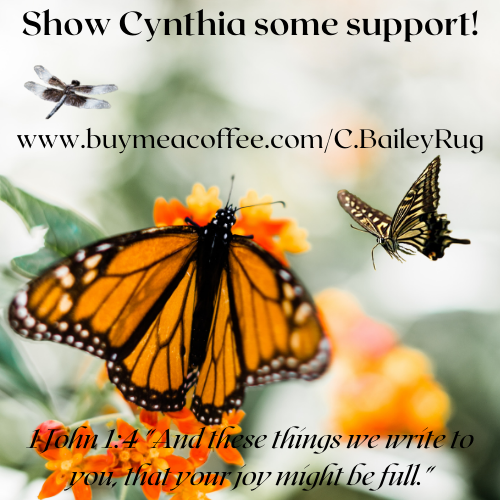There is a story about a frog in a pan of hot water. If the frog jumps into a pan of boiling water, immediately he’ll try to get right back out of it. However, if the frog gets into a pan of water that slowly gets hotter & hotter until it boils, the frog won’t try to leave until it’s too late. This is much how it is when you are in a relationship with a narcissist.
If a narcissist began the relationship showing exactly what they are capable of doing, no one would continue the relationship in any way. They would run fast in the opposite direction. This is why narcissists hide their capacity for cruelty in the beginning of relationships. They allow their victims to become comfortable with them, even trusting them. As time passes, they start to do small things that make their victims uncomfortable as a way to condition them to accept more & more abuse.
Consider the following scenario as an example. Instead of wanting to be with their new romantic interest constantly as they were at first, suddenly the narcissist has other things to do that don’t involve the victim. If the victim says anything, the narcissist says it’s nothing personal.. they just need or want to do these other things, relax! It’s no big deal. The narcissist does have a life other than the relationship, after all. The victim accepts this & the narcissist does what they wanted to do, not caring about the victim being upset. The victim still feels upset, but thinks they are being too possessive & in spite of being upset, tells him or her self that everything is fine. They are being too clingy. When this scenario happens again, the victim says nothing, even if he or she is upset.
The victim in this scenario has been conditioned to accept something the narcissist has done is normal. Of course, there is nothing wrong with a person doing things without their significant other. However, it is very wrong for someone not to be concerned that this person they supposedly care about is upset & to minimize their feelings. A functional person would have reassured their partner, been willing to talk about their partner’s feelings rather than invalidate them & possibly reschedule or even cancel their plans. In typical narcissist fashion though, the narcissist in the scenario refuses to make any changes while simultaneously invalidating their victim’s feelings.
This is how narcissists condition their victims to accept anything they do. Basically this behavior desensitizes victims to abuse & normalizes it. Victims in this scenario are like the frog in the pan of water that gradually gets hotter. The abuse starts out not so bad, & narcissists condition their victim to accept those things. Then they do slightly bigger things, condition their victim to accept those, then move onto bigger things yet & condition their victim to accept those & so on. In time, the victim thinks the narcissist’s abusive behavior is normal, & is often no longer so deeply affected by it. If they are, they minimize their feelings or even ignore them, because they believe this to be normal behavior.
I really believe this is why so many victims of narcissistic abuse experience the same thing after ending the relationship. They tell someone what happened, the person is shocked & the victim is surprised the other person thinks this was so terrible. People who haven’t experienced abuse are stunned at the terrible things abusive people do to their victims. Those of us who experienced it first hand however are often so desensitized to it because for us it was normal, that for us, it may be bad, but we don’t think of it as nearly so bad as those who haven’t been abused think it is.



You must be logged in to post a comment.